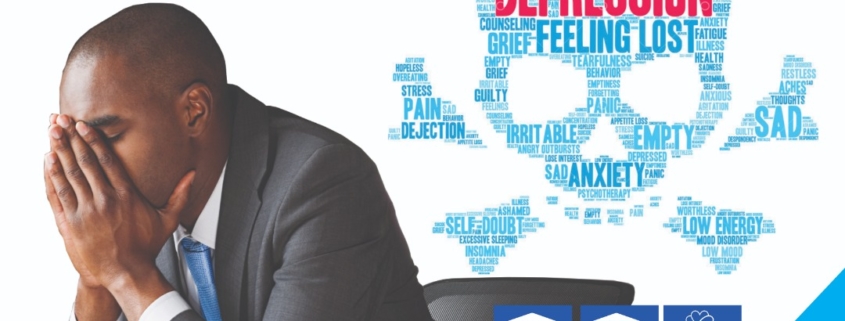Depression is a common mental disorder that presents with depressed mood, loss of interest or pleasure, decreased energy, feelings of guilt or low self-worth, disturbed sleep or appetite, and poor concentration. It affects a person’s thinking process, how they feel and how they then behave. Moreover, depression often comes with symptoms of anxiety. True depression impairs a teen’s interest in activities, friends, sports, or clubs that they previously enjoyed.
Teens who are depressed tend to be more withdrawn, spending more time by themselves. These problems can become chronic or recurrent and lead to substantial impairments in an individual’s ability to take care of his or her everyday responsibilities. At its worst, depression can lead to suicide.
The teenage years are filled with phenomenal changes, physically, emotionally, and socially. It is a period where family relationships must adjust to new dynamics, some suffer because of the loss of their loved ones, and some are affected by the economy as they have to adjust to certain areas of life. The sweet, easy-going child you used to know is still there, but now also moody, confused, defiant, and prone to reckless behavior and excessive sleep. Teenagers want to spread their wings and develop their own styles, identities, and personalities. They crave independence from their parents. But for over a year now, the pandemic has injected restrictions on that behavior. In addition, this is the same time teenagers get exposed to drugs, alcohol, pornography, prescription drug addiction. And in the way of looking for their freedom they end up depressed with the wrong choice of friends and wrong decision making.
Signs and symptoms of depression in teens
- Poor performance in school
- Withdrawal from friends and activities
- Sadness and hopelessness
- Lack of enthusiasm, energy, or motivation
- Anger and rage
- Overreaction to criticism
- Feelings of being unable to satisfy ideals
- Poor self-esteem or guilt
- Indecision, lack of concentration or forgetfulness
- Restlessness and agitation
- Changes in eating or sleeping patterns
- Substance abuse
- Problems with authority
- Suicidal thoughts or actions
- Loss of appetite or overeating
Some of the most common and effective ways to treat depression in teenagers are:
- Psychotherapy provides teens an opportunity to explore events and feelings that are painful or troubling to them. Psychotherapy also teaches them coping skills and prevents recurrent depression in adulthood.
- Cognitive-behavioral therapy helps teens change negative patterns of thinking and behaving.
- Interpersonal therapy focuses on how to develop healthier relationships at home and at school.
- Medication relieves some symptoms of depression and is often prescribed along with therapy.
- Start getting your teen help for depression by talking to their doctor. Working with a mental health professional and your family doctor is the best beginning strategy for a teen suffering from depression. This treatment strategy will help your teen deal with their current problem and prevent the depression from getting worse and causing more problems in school, their social lives, and their development.




